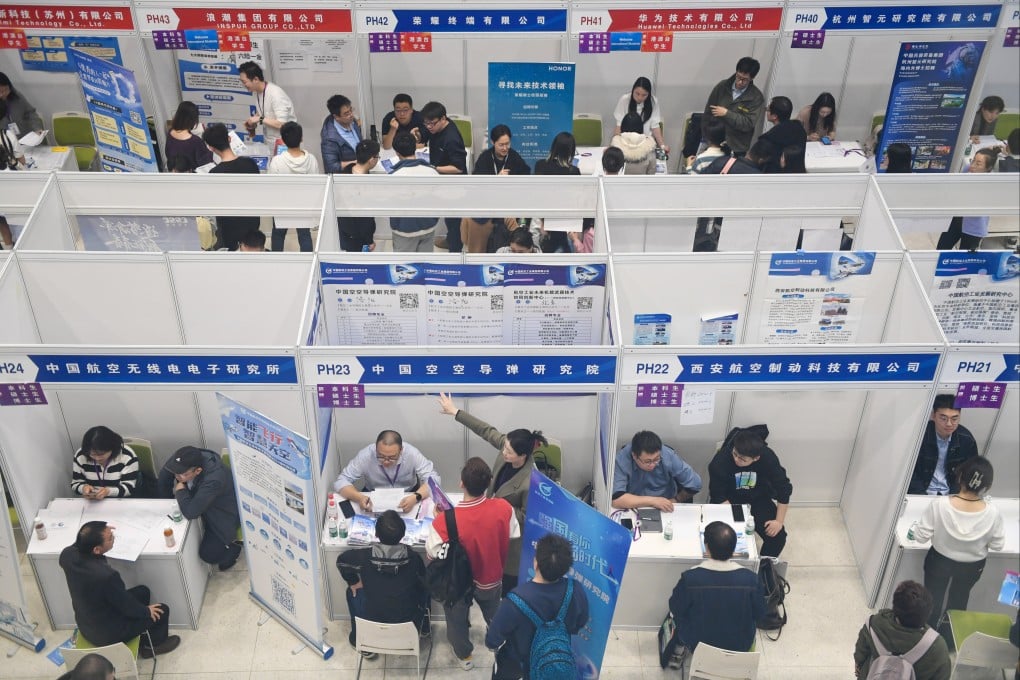China’s elder millennials, like high-level game characters, quest afar to cure ‘curse of 35’
- Youthful vigour is a highly valued trait in the Chinese workforce, but those who know their industries inside and out are the ones companies want to send abroad.

It’s been a few years since Jim Jiao became afflicted with the “curse of 35”, and getting his hands on an antidote was an arduous assignment for the elder millennial.
Now in his early forties, with a background in explaining and selling scientific and technological products, Jim Jiao’s advancing age has seen him unjustly branded an industry relic.
The broader economic slowdown in China following the pandemic did not help his situation, nor that of millions of others facing what might feel like a career mortality rate – the point beyond which youthful vigour outvalues the slower but more experienced industry veteran.
So, when the middle-aged Shenzhen native landed a job overseas last month as a sales manager in charge of developing the Asian market at a tech company, he suddenly had his coveted antidote in hand. And, like a high-XP video game character traveling to a distant land to obtain a rare red potion that rejuvenates his life bar, Jiao was also awarded better pay and a higher title.
For the time being, he’s also insulated from the effects of being unemployed beyond the age of 35 in China.
